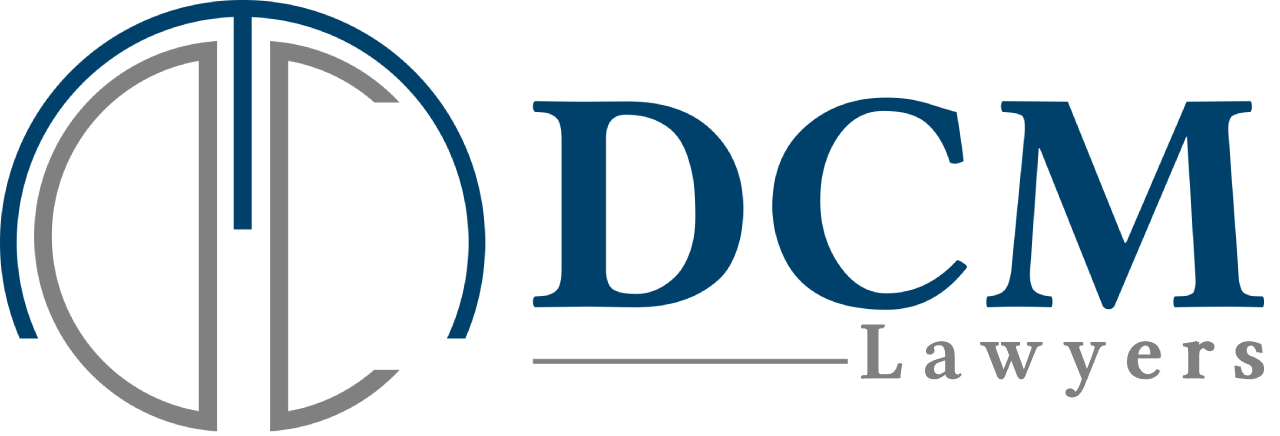Civil Litigation
The Team
Whether you are a business owner or an individual, it is often necessary to engage lawyers to recover debts owed to you. If you’re owed money under a contract, from a customer, by family, or under some other arrangement, DCM Lawyers can help you recover what is rightfully yours.
The process of debt recovery
- The process for debt recovery usually begins by sending the debtor a Letter of Demand. This letter outlines the details of the debt, the deadline for payment, and a warning that legal proceedings will commence if the debt remains outstanding at the due date. This letter is often enough to make debtors come to the table and make arrangements for the repayment of what is owed.
- Where the debtor holds out and refuses to pay even after receiving a Letter of Demand then the next step will be to issue Court proceedings. This is done differently depending on what Court or Tribunal the debt is being recovered in, but will typically commence with a form which accompanies a Statement of Claim. The Statement of Claim outlines the facts relating to the debt. It is important that legal advice is sought at this stage to ensure that the proceedings are issued in the correct forum.
- The way that the debtor responds to the Statement of Claim will determine how the process moves forward. They may seek to pay by installments, they may bury their head in the sand and ignore the process or they may file a Defence.
Court Judgements
- If the parties cannot reach agreement by consent (for example at mediation, through letters written by their lawyers, or because one person is ignoring the other) then a Court will need to issue a judgment.
- If the matter is not defended then a judgment can usually be obtained without the need to ever appear at court. If the matter is defended then the parties will need a judge to make a decision.
Enforcing Judgements
- Once a judgment is issued a number of options become available in the event that the debtor still has not paid. Debt recovery options include selling their possessions (such as their furniture, car or other items), selling their house, garnishing their wages (i.e. having their employer pay money directly to you) or proceeding to bankrupt them.
- If the debtor is a company then additional options are available. The company may be able to be made insolvent and put into liquidation. Any assets belonging to the company will then be sold by the liquidator and used to pay the company’s debts.
If you are considering suing someone you should consult a lawyer prior to filing any documents. Getting it wrong can have severe financial consequences and could leave you worse off than when you started!
Here at DCM Lawyers we can ensure that you have expert advice and can work with you to ensure that our fees are proportionate to the value of the debt in dispute. Contact us today to discuss your options for recovering your money.



